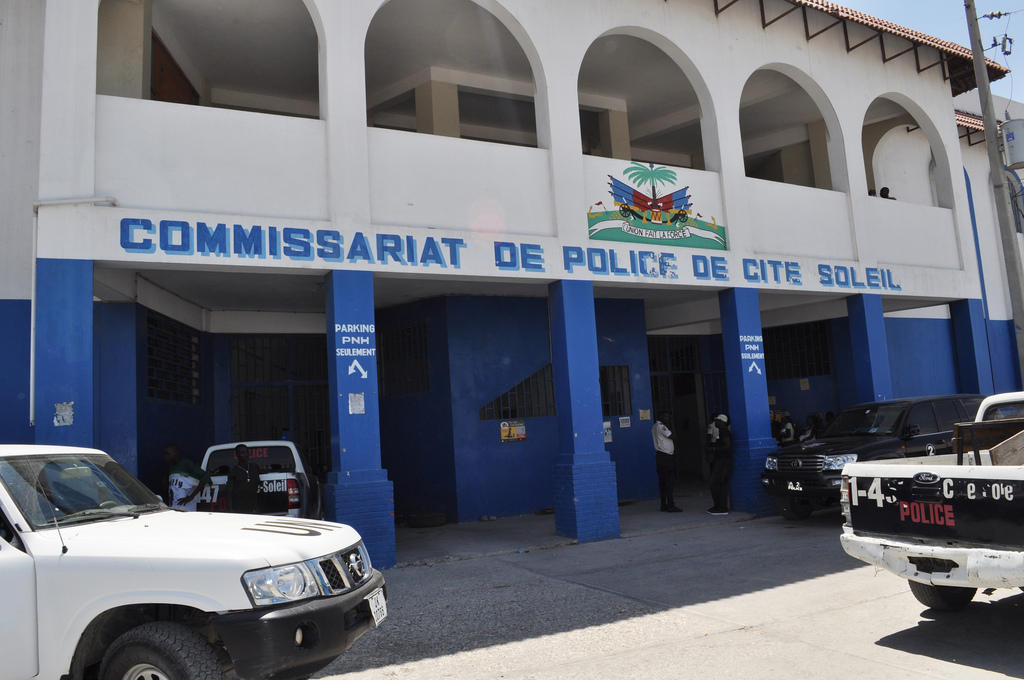Haiti's criminal laws, some of which date from 1860, fail to address the country's current spate of crime. USIP is currently working with the Haitian government to assist in legal reform efforts.

One of the ways in which USIP is providing support to lawmakers in Haiti is through the provision of a law reform tool: the Model Codes for Post-Conflict Criminal Justice. Since 2002, USIP’s Rule of Law Center of Innovation and the Irish Centre for Human Rights have spearheaded the Model Codes for Post-Conflict Criminal Justice Project in cooperation with the U.N. Office of the High Commissioner for Human Rights, the U.N. Office on Drugs and Crime and more than 200 criminal justice experts from around the world. The project aims to assist lawmakers involved in post-conflict criminal law reform by providing them with tools tailored to countries emerging from conflict. The project has produced a set of four model codes—two of which have been published—which can used to create, enhance or plug gaps in criminal laws in post-conflict states.
In August 2008, a team from the Rule of Law Center of Innovation traveled to Haiti to meet with officials from the justice and NGO sectors. The team and Haitian officials discussed the challenges of criminal law reform and how the model codes could potentially be used in the reform process. Haitian print and television media were also briefed on the initiative.
On December 9, 2008 USIP hosted the Haitian Special Advisor to President Préval, René Magloire, in a public forum in Washington, D.C, to discuss the challenges and opportunities of reforming Haiti’s criminal code. From June 9-10, 2009, USIP co-hosted a “Technical Workshop on Modernization of the Criminal Code and the Criminal Procedure Code” in Port-au-Prince, Haiti, that brought together Haitian reform actors, justice professionals and civil society to discuss ways forward to reform Haiti’s outdated criminal laws.
The Rule of Law Center of Innovation continues to provide technical assistance and support to lawmakers in Haiti.




